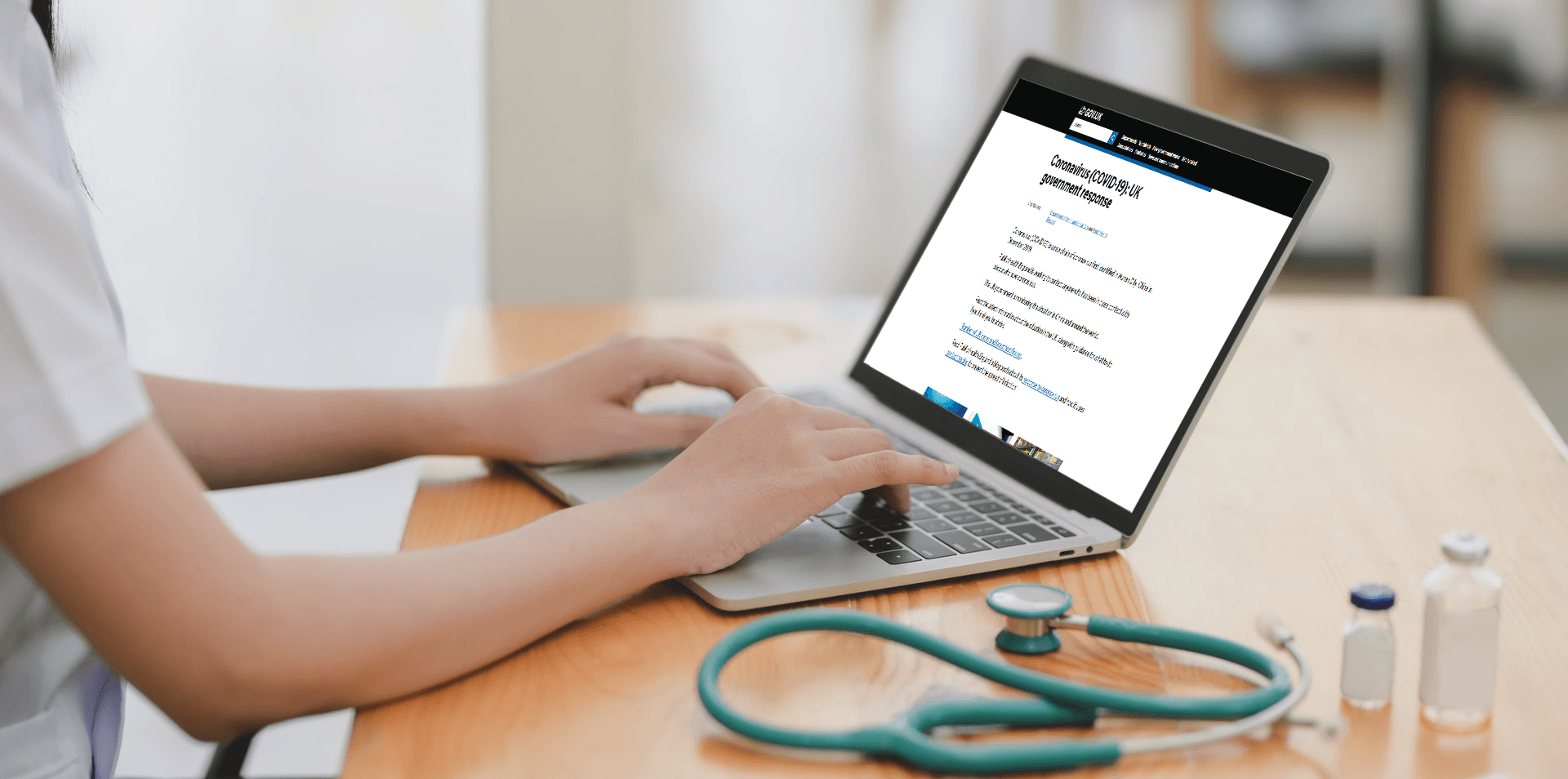Important information regarding the likelihood of widespread transmission of coronavirus in the UK.
An official government plan on how to tackle the spread of the virus will be finalised and signed off at an emergency meeting with the Prime Minister today after confirmed cases of coronavirus in the UK reached 36, after 13 new patients were diagnosed on Sunday.
As a responsible employer, we need to strike the right balance of giving guidance whilst not wanting to cause any unnecessary alarm. This article should clear up any questions you may have.
What exactly is coronavirus?
Coronavirus is a respiratory infection like flu which usually comes from animals. There are different strains of coronavirus, such as SARS (severe acute respiratory syndrome) and MERS (Middle Eastern respiratory syndrome). The strain currently spreading across the world is Covid-19, and after starting in China, has spread to more than 60 countries with over 3,000 fatalities to date.
In some more severe cases, an infection can lead to pneumonia, severe acute respiratory syndrome, kidney failure, and even death.
The World Health Organization (WHO), have said the virus particularly affects those over 60, and people who are already ill. However, the death rate from early analysis is between 2% to 5%.
What are the symptoms of coronavirus?
The symptoms start with a fever, which is followed by a dry cough. After a week, this can develop into a shortness of breath, with some patients requiring hospital treatment. You may also experience headaches, muscle pain and tiredness.
It’s worth noting that if you have these symptoms, it doesn’t necessarily mean you have contracted the virus. Please read on for more information on what to do if you think you may have coronavirus.
How can I reduce the risks of contracting coronavirus?
Covid-19 is likely to spread when there is close contact with an infected person (within 2 metres or less) or inhaled into your lungs.
The virus can survive outside of the human body for several hours, which means you could also become infected by touching a surface which has been infected, then touch your mouth, nose or eyes.
Therefore, it’s hugely important to wash your hands effectively, this means a thorough clean along the backs of your hands, in between your fingers, the tips of your fingers and nails, the top of your wrists and your thumb and palms of your hands. Turn the tap off with the tissue to avoid cross-contamination, then place the tissue into a bin.
You should also continue to catch it, bin it, kill it. Cough or sneeze into tissues, then immediately discard them into a bin, and wash your hands with soap and water, or an antibacterial hand sanitizer if you have one.
What do I do if I think I may have coronavirus?
Current advice in the UK is:
If you’re experiencing even mild symptoms after travelling from mainland China, Thailand, Japan, Republic of Korea, Hong Kong, Taiwan, Singapore, Malaysia or Macau in the last 14 days, stay indoors and avoid contact with others, and call NHS 111 phone service.
If you’ve returned from Iran, lockdown areas in northern Italy, special care zones in South Korea or Hubei province since 19th February, stay indoors, avoid contact with others and contact NHS 111 phone service, even if you do not have any symptoms.
If you’ve returned from Northern Italy (not including Pisa, Florence or Rimini), Vietnam, Cambodia, Laos or Myanmar (Burma) since 19th February and develop even mild symptoms, you should stay indoors and call NHS 111 phone service and avoid contact with others.
Please do not visit your GP surgery, pharmacy or hospital.
There’s also an online coronavirus service in which you’ll be required to complete a series of questions in order to determine your chances of infection. From this service, and NHS 111 phone service, professionals will be able to give you advice, and tell you what to do next.
Further Guidance
For more information, please visit the Gov.uk Covid-19 guidance publication here.
There is also some more information which can be found on the BBC website, here.


Join the conversation